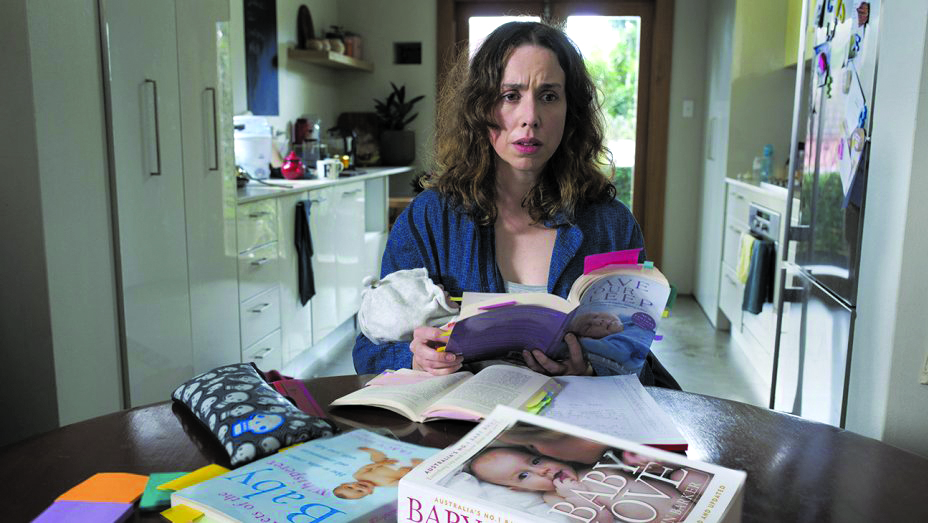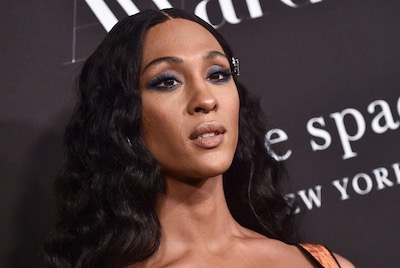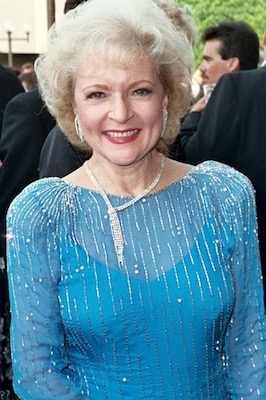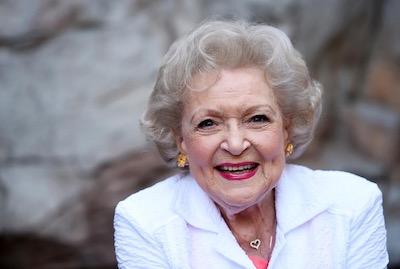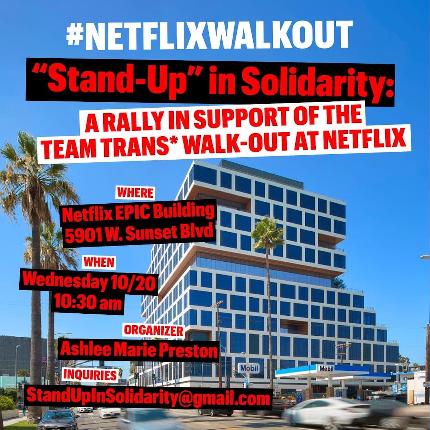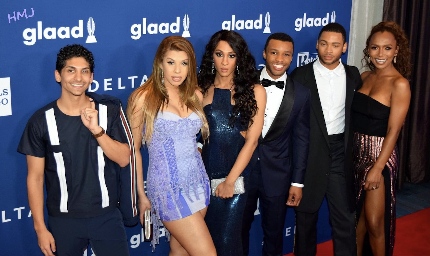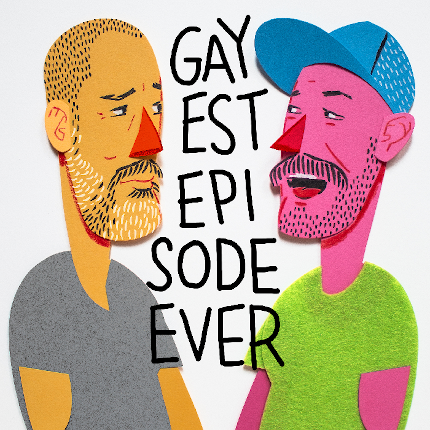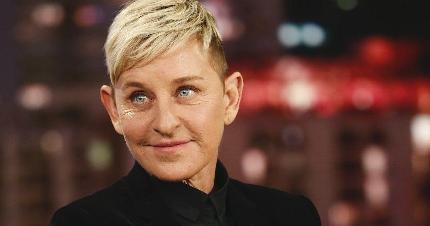It feels easy to say that we’ve grown as a culture when it comes to motherhood. We’re far from the dark ages of knockout drugs and forceps, and we’re past the second-wave approach of going “all natural” while looking at C-section births as a sign of weakness. So where are we now? As Gen X and Gen Y-ers start to have their own kids, what does the paranoia and bravado of past eras have to tell us about our own approach to parenthood?
“The Letdown,” a new Netflix series, makes an attempt at an answer. When first-time mother Audrey undergoes a difficult birth that almost results in the death of her child, she finds the first few postpartum months hard going. Between trying to get her two-month old baby to sleep by driving to the corner where the neighborhood crack dealer peddles his wares, and joining a mother’s group only to forget her baby in the carrier outside, she’s not exactly killing it. To make things worse, her partner, a high-powered businessman who’s getting mixed signals from society about what it means to be a father, is basically clueless about the whole thing. But that’s the thing: When it comes to parenthood, we’re all kind of clueless. The bravery, and a good part of the shock, of “The Letdown” is its fierce acceptance of that fact. In an era of parents obsessed with cracking the code of everything, getting motherhood or fatherhood perfect rather than embracing the idea of the “good enough” parent, a show like “The Letdown” plays out some serious cultural anxieties with hilarious outcomes. From Audrey’s struggle figuring out the right way to breastfeed to the intensely competitive culture of new parent social circles, “The Letdown” covers an impressive amount of ground. One of the show’s most compelling characters, a lesbian trying to raise her child alone without help from family or a partner, keeps having to dampen the hopes of a straight male donor who won’t leave her alone even though he legally signed away his rights. “You know I’m gay, right,” she tells him. “Like, aggressively gay.” His response: “I’m sorry. I just genuinely didn’t think I’d feel this way.”
“The Letdown” doesn’t just leave it there, of course. In eight episodes, the series manages to cover not only Audrey’s many struggles with motherhood, including a moment of near-infidelity, it looks at her own relationship with her mother as a springboard for her own complicated relationship with parenthood. As Audrey criticizes her mother for being absent and for not showing enough interest in her pregnancy, she realizes that the problem with looking to your parents for answers is just as absurd as looking at motherhood like a combination lock. No one has the answers, and nobody, in the history of parenthood, ever has. If there’s one thing all parents have in common, it’s that fear of doing, saying, or even thinking the wrong thing that will result in irreparable damage and the production of a broken human being. Luckily, it isn’t our parents who break us, and it isn’t our parents who put us back together. “The Letdown” lets us in on Audrey’s moments of quietly acknowledging, thrashing against, and finally accepting this basic helplessness. After all, what else is there to do but to throw all previous plans out the window and play it by ear. Parenthood isn’t a puzzle or a math problem: It’s a series of emotions steadily crushed under the weight of an inhuman responsibility: That of shaping a life. We didn’t know we’d feel this way.

